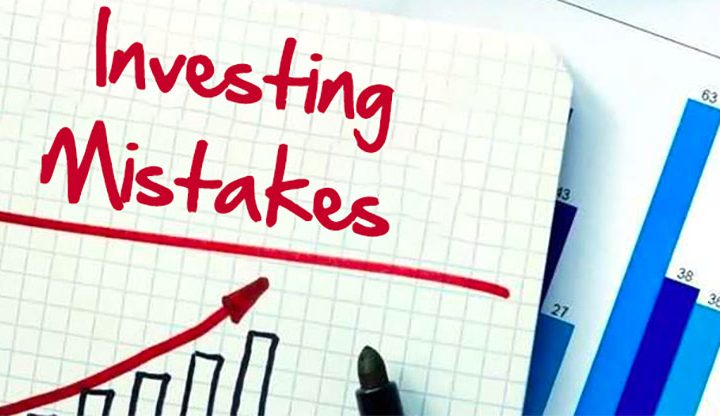You are the most qualified individual to manage your financial future when it comes to personal finance. Assume accountability for three main areas: investments, income and expenses, and debt.
Ideas.
Take charge of your debt
Make a distinction between good and bad debt. Mortgages and auto loans are examples of good debt, particularly if you depend on the vehicle to commute to work. Conversely, bad debt typically manifests as high-interest credit card balances that are utilised for unnecessary purchases.
If you have debt from a credit card, sort your cards from highest to lowest interest rate. Put the minimum amount owed on each one in writing, then add 20% to the total after adding up all the minimums. All of your cards will have minimum payments, but you will put the additional 20% towards the card with the highest interest rate. You roll over the entire amount you were paying on that card to the next highest one, and so on, until the debt is paid off.
Preserving your credit limit to avoid lowering your FICO rating.
Review Income and Expenses
Analyse your cash flow by comparing the amount coming in and going out.
To get your average monthly spending, take the total amount you spent in the previous year and divide that amount by 12. Next, contrast that figure with your income after taxes and retirement contributions. You have some work to do if your income is insufficient to cover your expenses, or only just enough to do so.
Try to increase your income, reduce expenses, or do both.
Reaching a certain financial goal isn’t the only goal of your relationship with money. It has to do with how you value money and, consequently, yourself. You can avoid unpleasant shocks later on by being proactive about your income and expenses now.
Keep Investing for the Long Term
If you won’t need the money for at least five to ten years, you should invest gradually, especially in retirement accounts.
Continue using dollar-cost averaging, which involves consistently investing the same sum of money regardless of market conditions. By reducing the impact of market volatility over time, this method enables you to purchase more shares at low prices and fewer at high ones.
Remember that catch-up contributions allow you to make up to $8,000 to an IRA in 2025 if you are 50 years of age or older.
The Bottom Line
Your finances don’t have to be unclear, even though the markets, the economy, and government initiatives may be. Prioritise paying off bad debt, managing your expenses, and making future investments.
Conclusions:
Nobody is going to care about your money more than you do.




